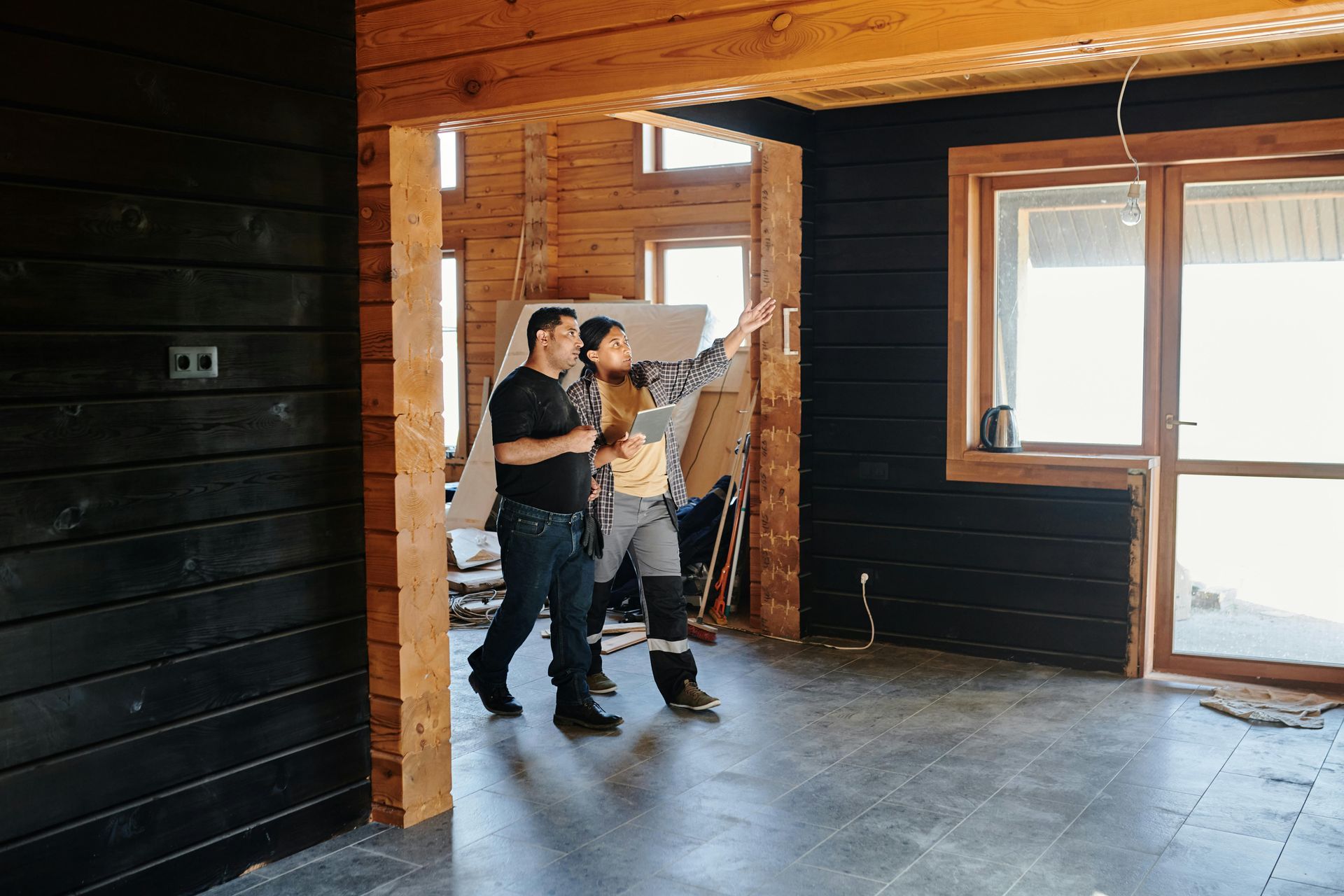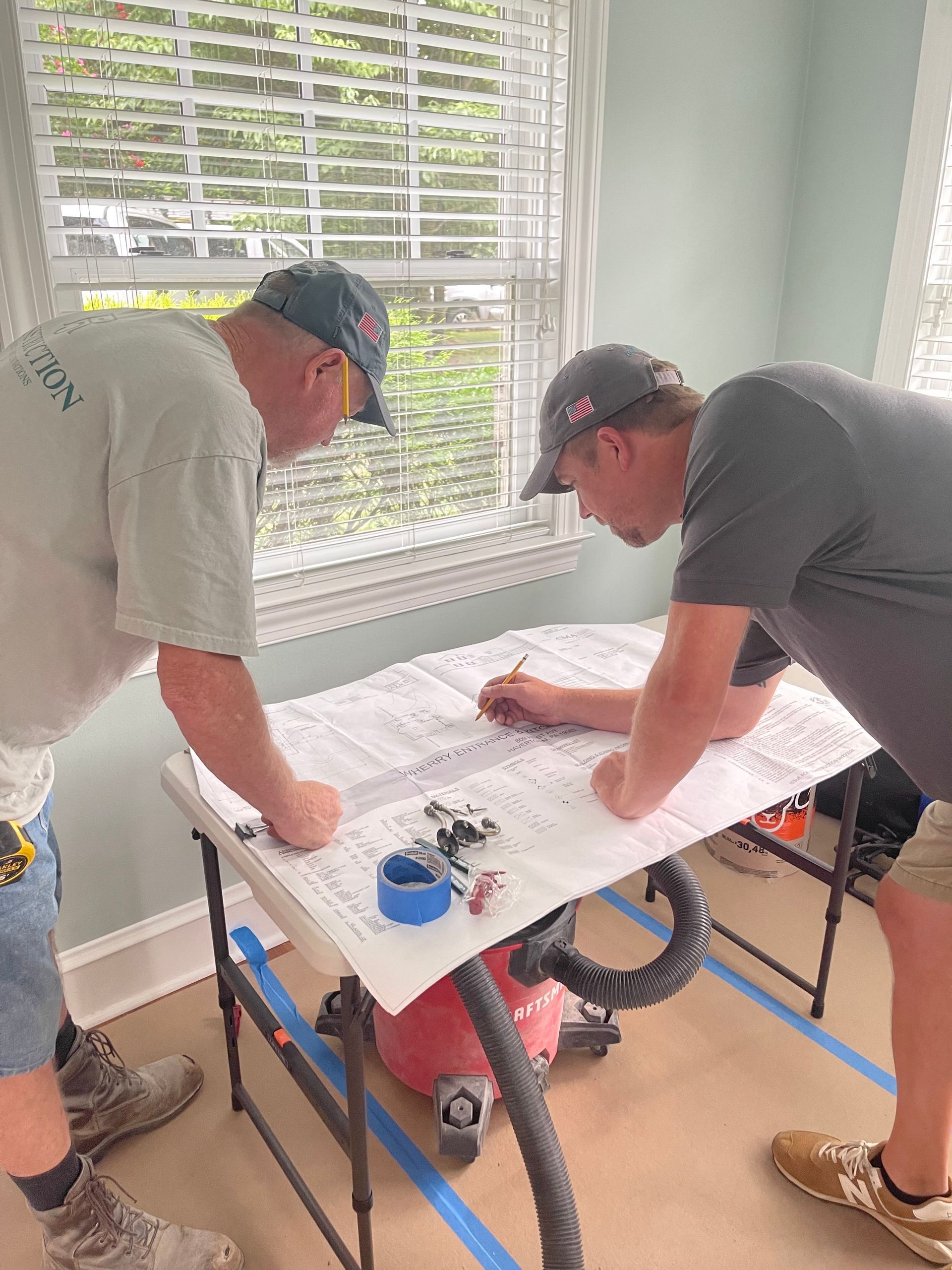How to Choose a Contractor
When you're planning a home renovation, roof replacement, landscaping project, or any major home improvement, hiring the right contractor can make or break your experience. But how do you separate the professionals from the pretenders?

Why It Matters
Too often, homeowners focus on price and availability, overlooking crucial factors like credentials, insurance, and reliability. Choosing the wrong contractor can lead to delays, budget blowouts, shoddy work—or worse, legal trouble. Taking a little extra time upfront can save you stress, money, and future repairs.
What to Look For
Before you sign anything, here are five must-know tips to help you choose a qualified, trustworthy contractor:
- Verify licensing and credentials:
Ask for a license number and confirm it with your state’s licensing board. This proves the contractor is legally allowed to work in your area. It also tells you they’ve passed the required exams and stay updated with industry standards. - Check insurance coverage:
Ask for proof of both liability insurance and workers’ compensation. If someone gets injured on your property, you shouldn’t be the one footing the bill. This is not just a formality—it’s critical protection for you and your family. - Ask for references—and call them:
Find out how the contractor handled past jobs. Were they punctual? Did they stay within budget? Was the communication clear and professional? Bonus points if you can see the work in person. - Get multiple bids, but be cautious of the lowest one:
A low price might mean low-quality materials or hidden costs later. Look for detailed estimates that break down labor, materials, and contingencies. Don’t be afraid to ask questions if something looks unclear. - Put everything in writing:
Your contract should outline scope of work, payment schedule, timeline, materials, and insurance requirements. It should also detail what happens if there are delays, change orders, or disputes. A solid contract protects both parties.
Red Flags to Watch For
If a contractor dodges questions about licensing or insurance, pressures you to pay in cash, or gives vague estimates, it’s time to walk away. Also beware of contractors who demand large upfront payments or can’t provide a physical address or online presence.
Reputable professionals have nothing to hide.

Questions You Should Ask
Here are some key questions to ask any contractor you’re considering:
- How long have you been in business?
- Will you be using subcontractors?
- Can I see a sample contract?
- How do you handle permits and inspections?
- What’s your typical payment schedule?
Their answers can reveal a lot about how they operate—and whether they’re the right fit for your project.
Bottom Line: Do Your Homework
A home improvement project should improve your home—not cause stress or financial risk. With a little research and due diligence, you can hire a contractor who’s qualified, insured, and committed to doing the job right. Taking time now to vet your contractor means less chance of surprises—and more confidence that your project will be completed safely and successfully.



